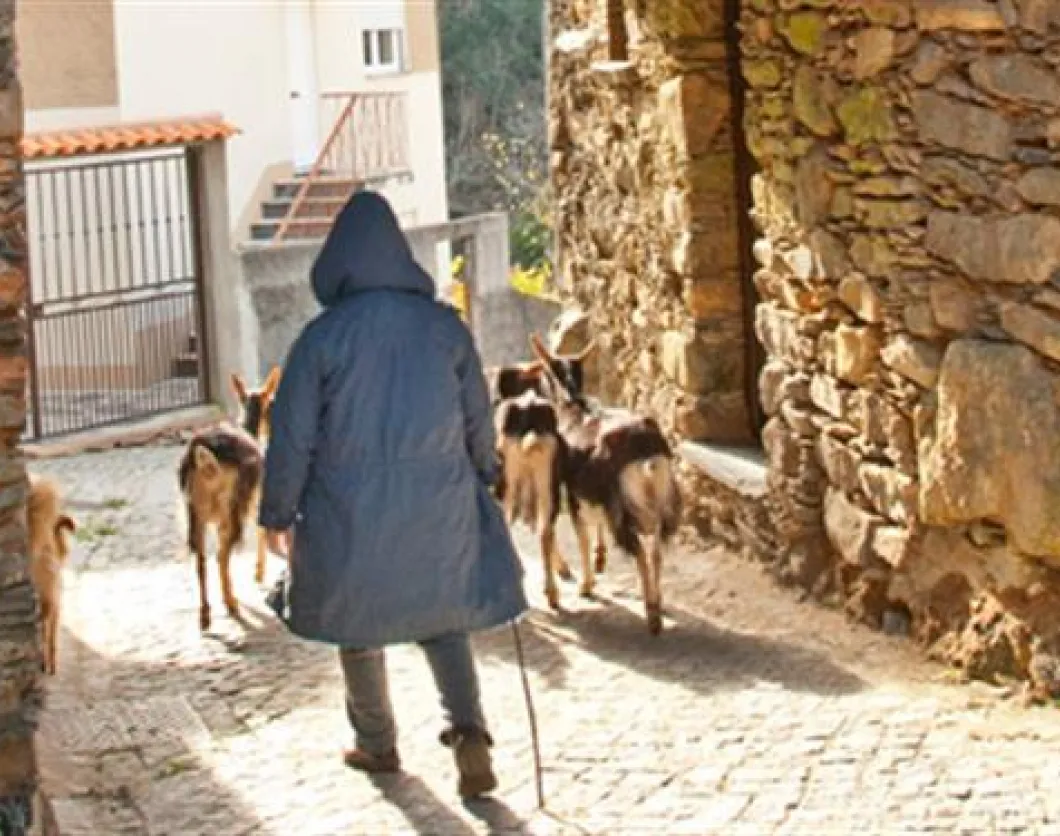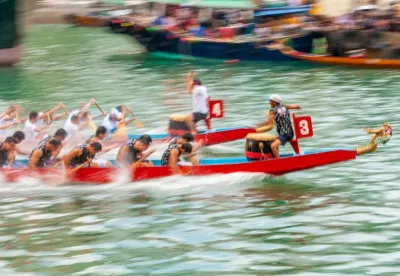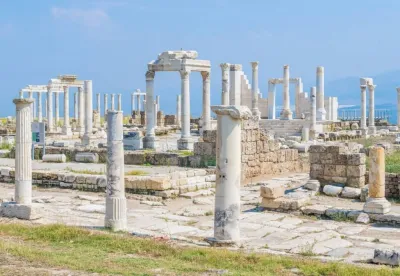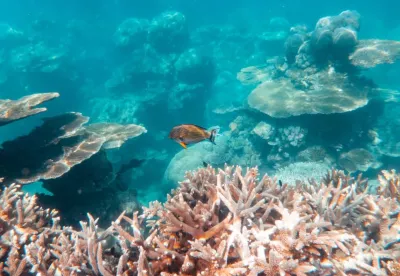Central Portugal is rewriting the book of local tourism with the help of an EU community-based initiative known as the Schist Villages Network Program or SVN, for short. Started in 2000, the program has sparked a vibrant local tourism industry covering 19 municipalities with a geographical span of 6,555 square kilometers. It incorporates 27 villages, supports over 100 tour and travel related enterprises besides benefiting close to 300,000 people.
Counting SVN’s Blessings to the Schist Villages
The success story behind SVN hinges on collaborative and ambitious tourism marketing strategies carried out by the government in partnership with private entities. The promotional plans have for instance packaged the Portuguese culture into a lucrative tourism commodity that has led to fortified preservation of Schist’s tourism hotspots.
Other gains include the easing of rural Portugal social problems brought about by environmental degradation and global or national financial constraints. The older generation is for example getting better treatment with the growth of the Schist’s economic muscle. The area’s infrastructural projects are making remarkable progress as locals continue to reap the benefits of improved communication channels that have made reliable information accessible to many.
Portugal’s Coordination Commission for the Development of the Centre Region, CCDR-C, has been instrumental in planting and harvesting Schist’s gems of tourism. Amongst the commission’s major achievements includes convincing historical buildings’ owners to restore them to their former glory. The locals are taking pleasure in improved architectural aesthetics which in turn attracts more tourists and investors to the area. Schist’s land value has consequently gone up, eradicating rural-urban migration and land fragmentation problems that worried the villagers less than two decades ago.
Unity and Accountability Courtesy of SVN
The local tourism program has uniquely strengthened Schist’s social and moral fabrics. Office holders have become more accountable following the initiation of a special publication that highlights the program’s progress. People from all the 27 villages are encouraged to come together for brainstorming sessions dedicated to ironing out any bottle-necks as they learn from each other gains, mistakes and ambitions.
The program’s social cementing factor is as well taking a global dimensional outlook with the coming in of organizations such as Norway’s Rosos Museum and UNESCO. The local tourism scheme is therefore likely to attract more sponsors in addition to increasing Schist’s recognition as one of Europe’s top cultural attraction spots. Financial aid from the European Economic Area Norway funds has for instance assisted in the construction of 80 houses with a torch of Portuguese time-honored culture.
Theme establishments such as the Mushroom, the Weaver, the Honey and the Drum houses have made the villages salable in national and international tourism trade fairs. PinusVerde which is an association that specializes in conserving the area’s forest cover is also receiving the boost it requires to develop the Schist’s eco-tourism through numerous integrated forestry initiatives.
Curving out Sustainable Development
The youth is turning away from crime and vices that bring about social decay such as drugs, prostitution and alcohol. Some have taken to tourism-related craftsmanship courses sponsored by the program’s development partners. Others have found their niche in setting up artifact and food stores, eyeing the influx of tourists brought about by SVN. The sprouting up of various car parks, bike repair stations, public shower spots, hotels, restaurants and recreational areas is generally seen as a solution to Portugal’s unemployment equation.
Securing economic, social and environmental gains made by Schist Villages Network Program lies in the entire framework’s sustainability. This is a challenge the villagers intend to tackle by centralizing some activities to cut operation cost and maximize profits without compromising quality. The marketing program is for instance conducted jointly, explaining why about 70 accommodation and 6 camping services providers use the same online platform to rake in more clients. SVN’s sustainability and brighter future prospects can as well be seen through the villagers’ dynamic push for more development funds. According to the European Community Support Framework, abbreviated as ERDF, the project has gathered over USD 12 million from the EU zone alone, in the last few years.
Future budgetary allocations are bound to bolster the entire process through allocation of more funds. As a result, it will be possible to conduct robust surveys and apt analysis to help in the identification the leverage points needed to take Portugal’s local tourism aspirations to another level. More funds will also give the stakeholders the ability to make the program more appealing to Schist locals who are yet to jump in the fray of economic events brought on by SVN.










